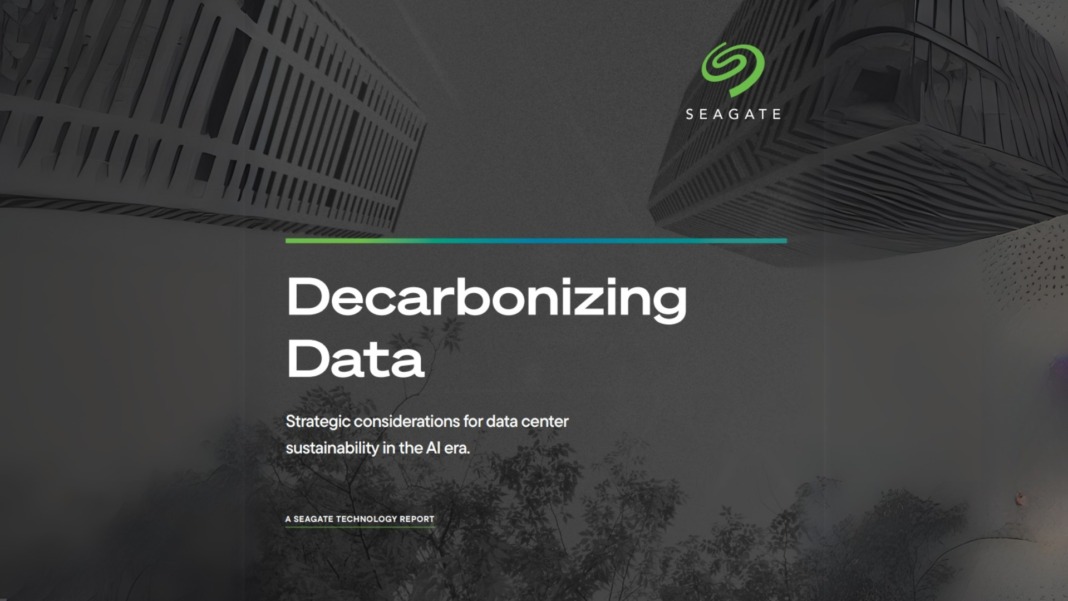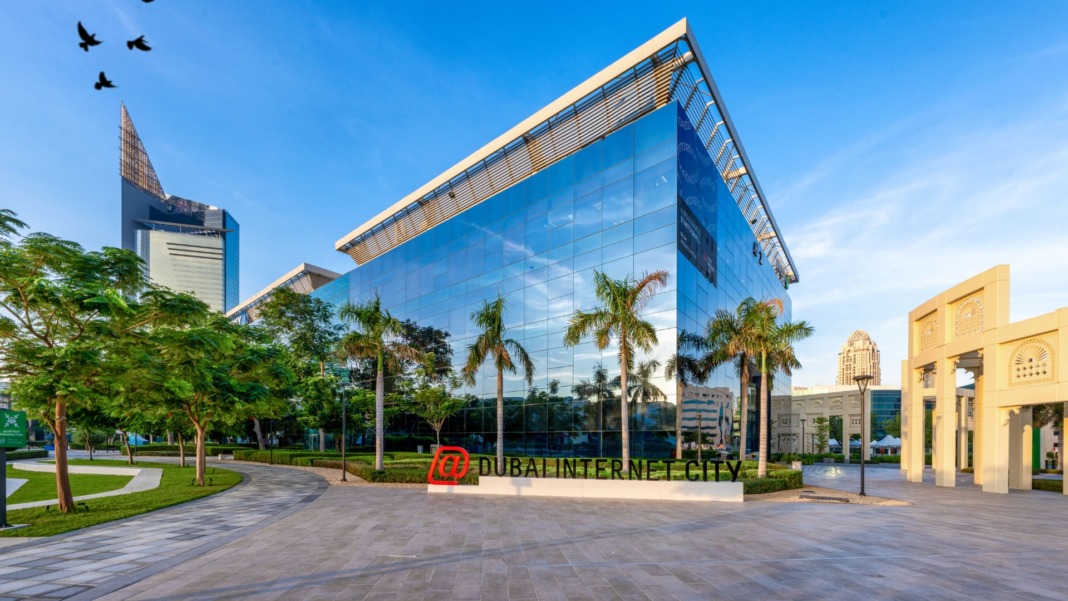Seagate Technology has released a new report warning that the rapid growth of AI is placing increased pressure on data centres, calling for a fundamental shift in how organisations balance cost with sustainability. Titled “Decarbonizing Data”, the report was published on 16 April and draws from a global survey of 330 data centre professionals across 11 markets, including Singapore, Australia, and the United States.
The study was conducted by Dynata and Current Global, commissioned by Seagate to understand how businesses are managing sustainability and operational costs in the face of growing AI demands. The findings indicate that organisations must make critical decisions about energy usage, infrastructure, and emissions while expanding data capabilities.
According to Goldman Sachs Research, global power demand from data centres is projected to rise by up to 165% by 2030 compared to 2023. Seagate’s report shows that more than half of business leaders (53.5%) are now highly concerned about energy consumption. This concern is particularly significant in markets like Singapore, where 56.7% of respondents reported a sharp rise in demand for data storage services.
Environmental impact versus business priorities
Despite a broad acknowledgment of environmental concerns, sustainability still plays a minor role in decision-making. Globally, 95% of respondents expressed concern about environmental impact. However, only 3.3% reported it as a top priority when making purchasing decisions. In Singapore, this contrast is even more pronounced—although 90% of professionals are worried about environmental issues, only a small percentage take them into account when choosing data infrastructure or equipment.
The biggest obstacles to sustainable operations vary across regions. Internationally, high energy use (53.5%), the need for raw materials (49.5%), and space limitations (45.5%) are among the top concerns. In Singapore, 70% of respondents cited a lack of physical space and energy sources as key challenges, reflecting the country’s unique constraints as a dense urban market.
Another area of disconnect lies in equipment life cycle management. While 92.2% of global respondents believe extending the life of storage equipment is important, only 15.5% make it a central factor in purchasing decisions. This is again lower in Singapore, where just 10% prioritise long-lasting products despite 93.4% recognising their value.
Three strategic pillars for a more sustainable future
Jason Feist, Seagate’s Senior Vice President of Cloud Marketing, emphasised the need for a mindset shift: “Data centres are under intense scrutiny – not only because they support modern AI workloads, but because they are becoming one of the most energy-intensive sectors of the digital economy. This calls for a fundamental shift in how we think about data infrastructure – not as a trade-off between cost and sustainability, but as an opportunity to optimise for both.”
To help industry leaders respond to these challenges, the report introduces three key strategies.
First is technological innovation. Emerging solutions such as higher areal density storage, energy-efficient cooling systems, and advanced HVAC technology can reduce energy use while keeping up with storage needs. Seagate’s own Mozaic 3+ platform, based on heat-assisted magnetic recording (HAMR) technology, delivers up to three times more storage capacity in the same space. It also reduces embodied carbon by over 70% per terabyte and cuts cost per terabyte by 25%.
Second is a focus on life cycle extension and circularity. The report advocates for refurbishing and reusing equipment to reduce electronic waste. Real-time monitoring and transparent reporting are also encouraged to foster greater accountability across data centre operations.
The third pillar is shared responsibility. Addressing carbon emissions across Scopes 1, 2, and 3 requires a collaborative approach involving not just data centre operators, but also vendors, suppliers, and cloud providers. “Sustainability cannot be solved in isolation,” said Feist. “A holistic approach spanning infrastructure, life cycle management, and industry-wide accountability could ensure that the growth of AI and data centre operations does not come at the expense of the environment.”
Seagate’s role in the evolving storage ecosystem
Seagate Technology has delivered over four and a half billion terabytes of storage capacity in its four decades of operation. As a leader in mass-capacity data storage, the company continues to focus on scalable, sustainable innovation to meet the demands of a data-driven world.





